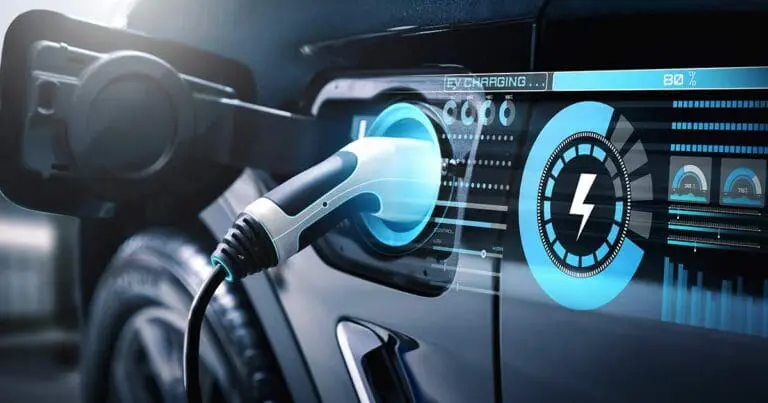With the growing shift towards greener transportation, understanding EV incentives by country has become essential. As more people consider making the move to electric vehicles (EVs), knowing the various incentives offered by governments around the globe is crucial. We’re delving into the myriad of government subsidies, tax breaks, and benefits designed to make EVs more accessible to everyone.

The Importance of Electric Vehicles (EVs)
The transition to electric vehicles is more than just a trend; it’s a necessary shift to combat climate change and reduce air pollution. As countries strive for cleaner air and sustainability, electric cars offer a viable solution to cutting down on carbon emissions.Learn more about EV technology.
Why Governments Offer EV Incentives
The rationale behind EV incentives is to accelerate the adoption of electric vehicles. These incentives help reduce the initial purchase cost, making it more appealing for consumers to switch from traditional gasoline-powered vehicles to more environmentally friendly options.
The Role of Subsidies in Promoting EVs
Subsidies make electric vehicles more attractive by lowering their overall cost. By offering direct financial support, governments can significantly boost the adoption rates of EVs.Read more about the impact of EV technology.
Comparing EV Incentives by Country
United States
In the United States, federal tax credits and state incentives play a pivotal role in encouraging the purchase of EVs. Federal tax credits of up to $7,500 are available, with additional benefits varying by state.
Canada
Canada provides incentives at both federal and provincial levels. The federal government offers up to $5,000 CAD in rebates, while provinces like British Columbia and Quebec provide additional benefits.
Germany
Germany is a leading force in EV adoption in Europe, offering significant purchase subsidies and tax exemptions. Buyers can benefit from a 6,000 subsidy and exemption from annual circulation tax for ten years.
China
China’s government heavily incentivizes EVs to address severe air pollution issues. Benefits include purchase subsidies and exemptions from sales tax and license plate lotteries.
United Kingdom
The UK government offers grants up to 2,500 for low-emission vehicles, along with tax benefits and exemptions from congestion charges for EV owners.
Additional Incentives Beyond Financial Support
Infrastructure Development
Governments are not just providing financial incentives. Investments in charging infrastructure make owning an EV more practical and convenient.
Research and Development
A commitment to research and development is driving technological advancements in the EV industry, making vehicles not only more efficient but also more affordable in the long run.
Public Awareness Campaigns
Countries are launching campaigns to raise awareness about the benefits of switching to EVs. These initiatives aim to educate the public on the environmental and economic advantages of EVs.
Future of EV Incentives
As the demand for EVs continues to rise, we can anticipate more comprehensive and innovative incentive programs to keep pace with technological advancements.
For more topics on how technology is shaping the future, visit our AI in car rental and vehicle telematics articles.

FAQs on EV Incentives by Country
What are the most common types of EV incentives?
Common incentives include tax credits, purchase rebates, and exemptions from certain fees.
Do all countries offer the same incentives for EVs?
No, incentives vary significantly by country, depending on local policies and environmental goals.
How can I find out what EV incentives are available in my country?
Research local government websites or automotive agencies for the most up-to-date information on EV incentives.




